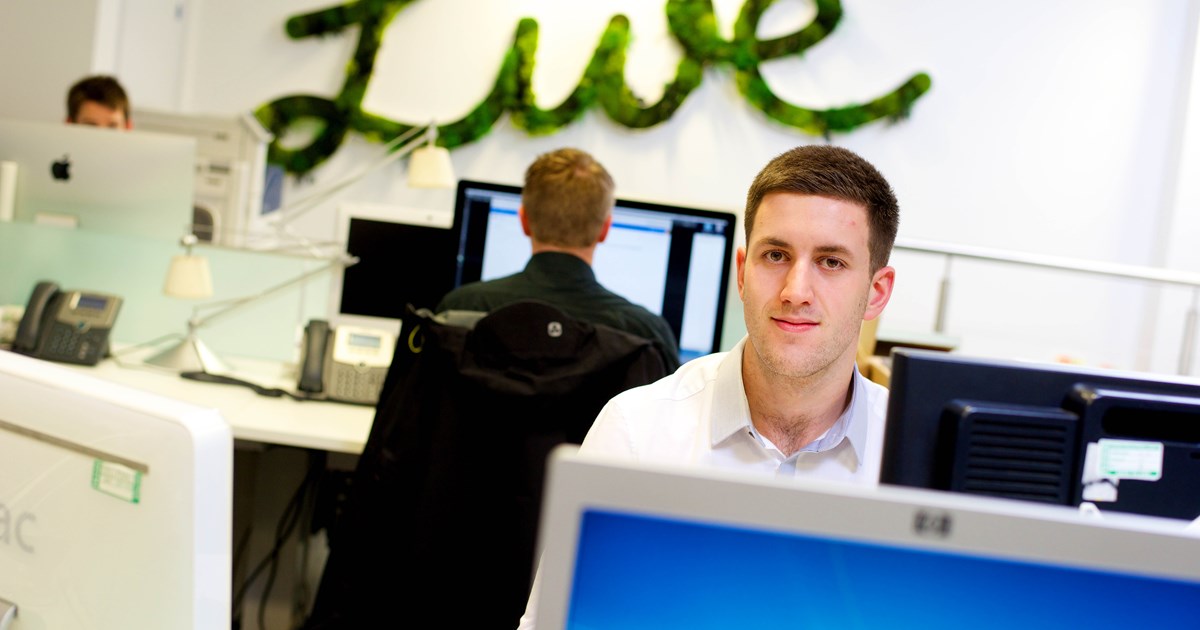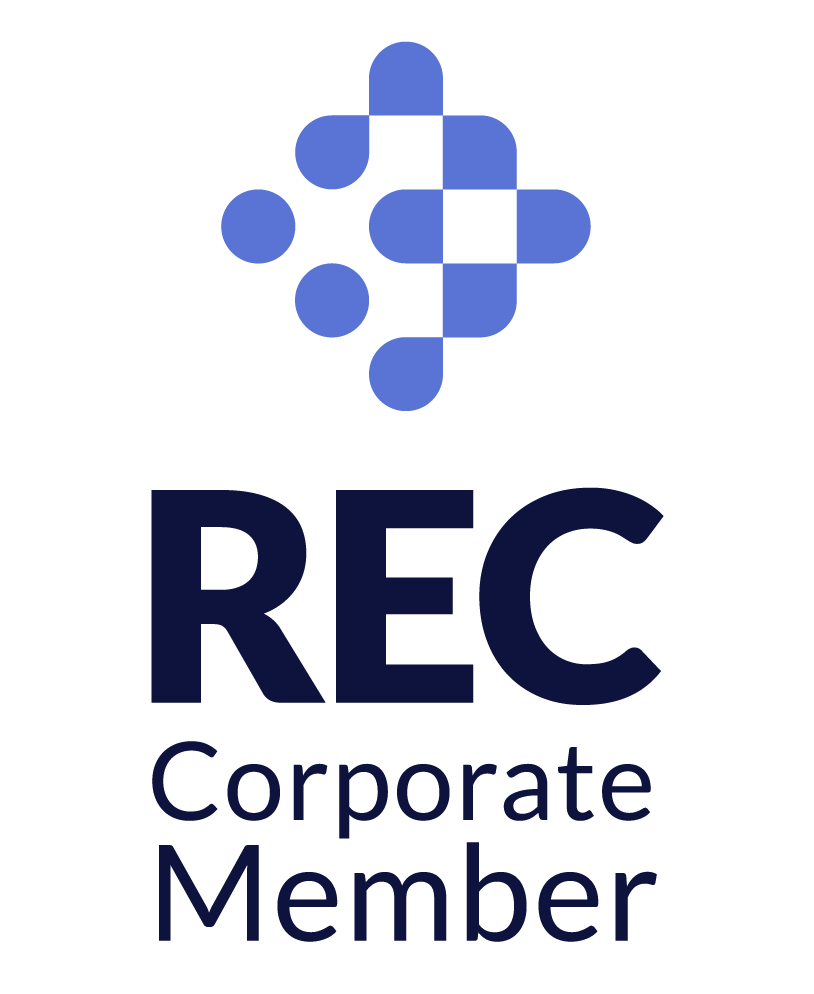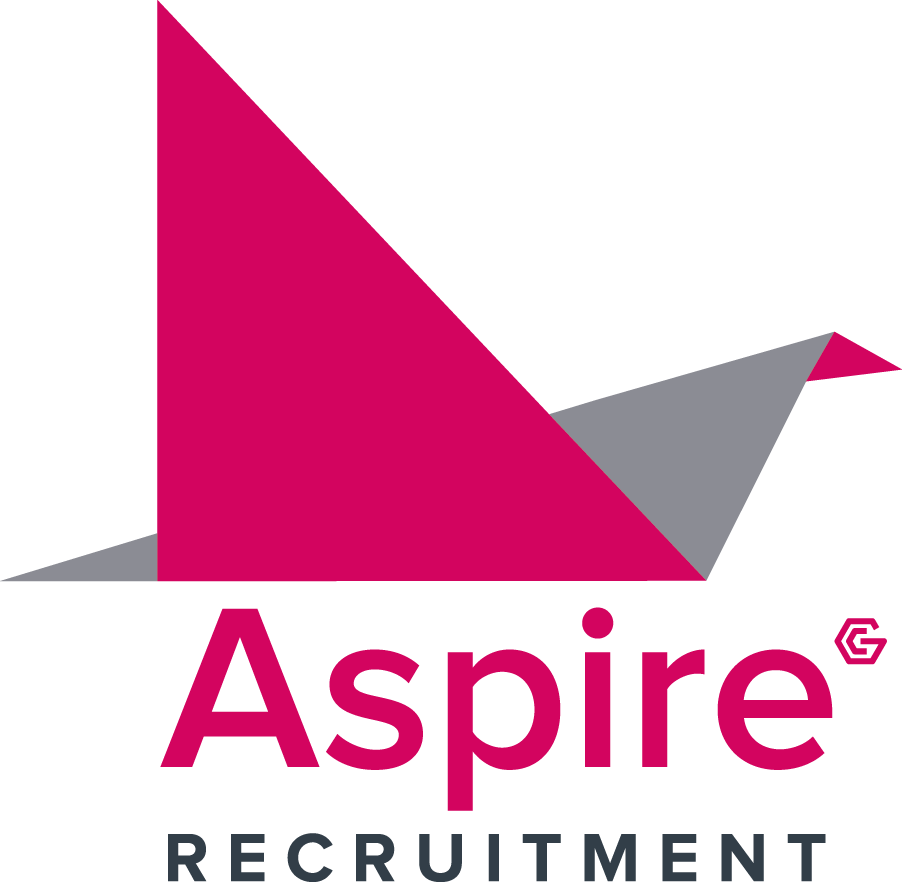The do's and dont's of interviews

So, you’ve done the easy bit – you’ve got them to notice you, your CV was standout and now it’s time for the interview. It may have been a while since you last did this, so the nerves might start kicking in. You start to question everything. What to wear? What shoes? Hair up or down? Should I wear a tie? How much research do I need to do? Will they expect me to know everything straight away?
The truth is, every interview is different. How you approach it really does depend on you as an individual and the role in which you’re applying for. There’s no exact rule book but there are some obvious do’s and don’ts that will put you in good stead for a successful interview which we’ve jotted down below for you;
1. Do your research
The interviewer won’t expect you to know the company’s entire timeline from start to finish, but researching the company is very important. How did the company start? What was their growth story? What are their values?
This will then feed into why you want to work for them. What attracts you to this role? Have they done anything historically that intrigued you, or that you would have loved to have been a part of? Be sure to show interest in their work.
If they are a relatively new company, why does this excite you? What are you going to offer to help shape the company? Starting with a company that is in its infancy can be really exciting; you’ll be instilled with the value of hard work, ownership, and self-sustainability and it’s likely that you’ll be working in a small team. Your skillset will be unique to you – so be confident and make them aware of what you can bring to the table.
Employers want their employees to be as invested in the company as they are in them. You need to be enthusiastic, passionate and believe in the company you are applying for. This gives you authenticity. Also, isn’t it important to enjoy your work?
Find out who your interviewers are. Don’t be afraid to research them on LinkedIn. You may have similarities in your careers that you can talk about and build up a rapport. There’s every chance they’ll be doing the same kind of research on you, so make sure you’ve got plenty of online proof as to why you’re the perfect candidate.
2. Know what you’re applying for
Some roles will require a certain level of knowledge, but others may require no prior knowledge or experience. Obviously, if you’re applying for a Chief Executive role, you will need experience in a similar position. But if you want to move into a sector you may not have experience in - transferable skills are key! Behaviours such as creativity, passion and drive are essential.
Does this job align with your aspirations? Be prepared for questions like ‘why do you think you would be a good fit for this role?’. Try to memorise the key skills they asked for in the job advert, and think about which of these you possess? Do you have examples of times when you used these skills?
3. Make an impression
You may have never worked in the industry you’re applying for before, but that doesn’t mean you can’t have an opinion on it. Why does this industry interest you? Out of all the candidates they will see that day, what will make them remember you? The most impressive attribute in a candidate is passion. So, what gets you out of bed in the morning? Why should they take a chance on you?
What are your key achievements to date? This might not necessarily be in the workplace but maybe a personal success. Completing a degree shows commitment, dedication and ambition. Running a marathon shows determination, grit and patience. Volunteer work shows compassion, drive and a stellar work ethic. Don’t underestimate the gravity that personal achievements hold, and what transferrable skills they may highlight.
This is your chance to really sell yourself – not just in terms of your experience, but in terms of you as a person. The saying is true – people buy people. In a line-up of 10 candidates with the same experience and qualifications, what makes you stand out? If you were an employer, who would you choose? The person with an impressive piece of paper or the person with perhaps a less impressive sheet, but the drive and passion to really make a difference?
4. Ask questions
An interview is a two-way process. Remember: as much as the employer is assessing if you are a good fit for their company, you need to ensure this is the right role for you. Searching for a job isn’t always easy, so making sure the position is something that you can see yourself doing for the foreseeable is important. After all, you don’t want to waste your time. What does a day in the life of a ‘Marketing Exec’ look like? Ask them! What is the team like? What is it you want from this role? If it’s a career path, ensure that’s available.
What are their expectations of you in this role? What projects will you be working on? Show genuine interest in the role ahead. It shows you care.
A great question to ask at the end of an interview is ‘do you have any reservations about me carrying out this role?’. This gives the interviewer chance to highlight areas you may not have covered and a chance for you to mention experience that you may have missed. Don’t sell yourself short. Ensure that they know exactly how great you are. If they have any reservations, you can always go back over those areas.
5. Make sure it’s a fit for you
An often-overlooked aspect of the job search is making absolutely sure that the role is for you. You’re going to be spending a lot of your time in the role, so you need to be happy with what you’ll be doing. Is the commute reasonable? How will you fit in? Do you mirror their ethos and believe in their values?
As mentioned earlier, do thorough research on the company. Blogs and social media channels can give you valuable insight into the ‘identity’ of the company. Are they very pro-environment and avid recyclers, like perhaps you are? Are they committed to improving their industry? It’s vitally important that this is a place where you’ll feel safe and respected.
When visiting the company for your interview, arrive early and perhaps try and get a feel for the location (within reason of course – don’t get lost or trespass). Do your future potential co-workers seem happy? Scouting out the location first will help to put your mind at ease.
The do’s and don’ts checklist.
Do:
• Have a strong handshake – it suggests confidence, assertiveness and control
• Hold eye contact - it’s polite and shows that you’re listening attentively
• Dress to impress – nobody ever lost out on a job for looking too smart!
• Research the company and role you are applying for
• Express enthusiasm and ask inquisitive questions
• Expand your answers to make flowing conversation
• Use positive body language to come across as friendly and dependable
• Ask questions to learn more about the role
• Be formal and professional – save the small talk for when you’re hired
• Take a glass of water (if you choke on a question, take a sip, refocus and start again)
Don’t:
• Turn up late to the interview – allow plenty of time to get there
• Dwell on the negatives – if you fluff a question, just move on
• Get too comfortable too quickly – remain professional at all times
• Come across cocky – there is a fine line between arrogance and confidence
• Talk over the interviewer – remember it’s supposed to be give and take
• Accidentally badmouth the company or any former employers
• Go into the interview defeated – if you feel and look defeated, it’s going to make you look like you don’t care about the role. Remember: there are still plenty of things you can learn from the interview, even if you don’t get the role.
The most important thing to remember is to just be yourself, do your best and treat every interview as a learning curve. Even if you don’t get the position, you will have had invaluable interview experience. Move on and think about how you can improve in time for the next opportunity that arises.
If you are looking for work - why not get in touch with our team today? - GET IN TOUCH
Manchester Office
Lee House
90 Great Bridgewater Street
Manchester
M1 5JW



